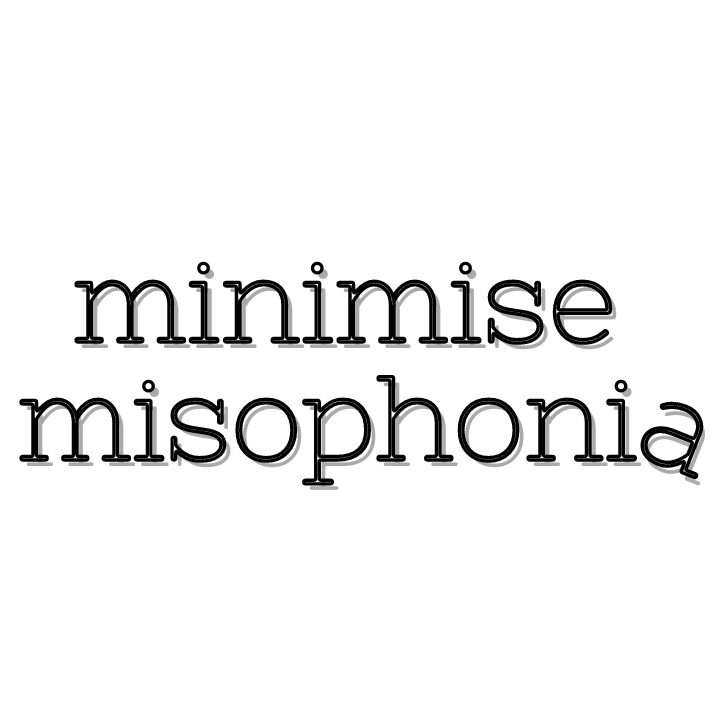Misophonia: Why are trigger sounds from loved ones even more frustrating?
Image by Jon Tyson
Living with misophonia can be an incredibly challenging experience, especially when the sounds that trigger your intense emotional reactions come from those you love. Understanding why these particular sounds are so pronounced and finding ways to cope with this frustrating condition is crucial for maintaining healthy relationships and mental well-being.
Misophonia is characterized by strong emotional or physiological responses triggered by specific sounds. The underlying cause of misophonia is believed to involve distorted processing of certain sounds in the brain. It's not the sound itself but how the brain perceives the sound that triggers such intense responses. Our brains convert vibrations picked up by the ear into neural signals, which are then processed by the auditory cortex and other parts of the brain. This process, known as auditory perception, gives meaning to what we hear. For misophonic individuals, this process becomes distorted, leading to heightened sensitivity to specific trigger sounds.
When misophonic triggers are a part of mealtimes, it can make what most people find a pleasurable and connecting experience particularly difficult for those with misophonia. How is it that the triggering sounds at mealtime can be even more irritating when made by those you care about most? This is because our brains are wired to pay more attention to sounds made by people we care about, leading to heightened sensitivity and stronger reactions.
Consider a child growing up in a household with strict or emotionally volatile parents. Mealtimes, usually a time for family bonding, can become distressing. For a powerless child, being fed represents love and power. Whoever provides food has control. The child is reliant on the parent for sustenance. For a child with a strict or emotionally reactive parent, the desire to be good, lovable, and fed, while simultaneously avoiding reprimand, can embed a lasting association between eating sounds and emotional distress.
The child might develop a heightened sensitivity to the sounds of eating as they internalize the stress and fear associated with mealtime. Combined with additional cognitive distortions that characterize misophonia, this can be a factor in the phenomena of mealtime triggers or heightened response to triggers from those we love and want to have love us.
As an adult, the individual with misophonia may develop their own strict rules and expectations about eating and mealtimes and unconsciously transfer their unrealistic expectations onto those around them. It is hard for those without misophonia to relate to mealtimes being an unpleasant or stressful experience, because their perceptions about food, the provision of and sharing of food has been forged in a different environment. Misophonia is a complex condition. It goes without saying, that this example is not true for every misophonic individual, but combined with other cognitive traits in can partially explain why triggers are more prevalent at mealtimes and with those we most love.
Finding ways to manage misophonia is essential for improving quality of life. Hypnotherapy has shown promise in helping alter the perception of trigger sounds, reducing their emotional impact. Communication with loved ones about your condition and establishing mutual understanding and support is crucial for maintaining healthy relationships despite the challenges of misophonia. Sometimes, learning about misophonia can also feel empowering.
Misophonia is a very real and frustrating condition but understanding and learning effective coping strategies can make a significant difference. By addressing cognitive distortions and exploring therapeutic options, individuals with misophonia can find relief and improve their ability to navigate a world filled with challenging sounds.
Author - Andrea Loughran Hypnotherapist


